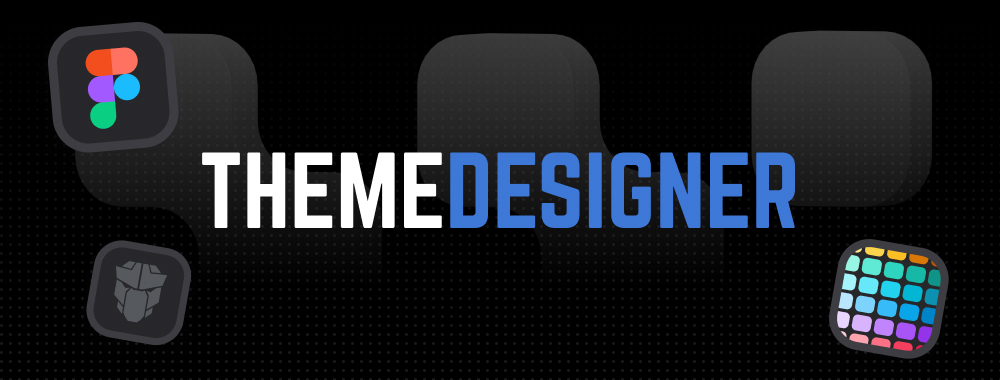PanelMenu
PanelMenu is a hybrid of Accordion and Tree components.
Import #
import { PanelMenuModule } from 'primeng/panelmenu';Basic #
PanelMenu requires a collection of menuitems as its model.
Multiple #
Only one single root menuitem can be active by default, enable multiple property to be able to open more than one items.
Controlled #
Menu items can be controlled programmatically.
Template #
PanelMenu requires a collection of menuitems as its model.
Command #
The command property defines the callback to run when an item is activated by click or a key event.
Router #
Menu items support navigation via routerLink, programmatic routing using commands, or external URLs.
Accessibility #
Screen Reader
Accordion header elements have a button role, an aria-label defined using the label property of the menuitem model and aria-controls to define the id of the content section along with aria-expanded for the visibility state.
The content of an accordion panel uses region role, defines an id that matches the aria-controls of the header and aria-labelledby referring to the id of the header.
The tree elements has a tree as the role and each menu item has a treeitem role along with aria-label, aria-selected and aria-expanded attributes. The container element of a treenode has the group role. The aria-setsize, aria-posinset and aria-level attributes are calculated implicitly and added to each treeitem.
Header Keyboard Support
| Key | Function |
|---|---|
| tab | Adds focus to the first header when focus moves in to the component, if there is already a focused tab header then moves the focus out of the component based on the page tab sequence. |
| enter | Toggles the visibility of the content. |
| space | Toggles the visibility of the content. |
| down arrow | If panel is collapsed then moves focus to the next header, otherwise first treenode of the panel receives the focus. |
| up arrow | If previous panel is collapsed then moves focus to the previous header, otherwise last treenode of the previous panel receives the focus. |
| home | Moves focus to the first header. |
| end | Moves focus to the last header. |
Tree Keyboard Support
| Key | Function |
|---|---|
| tab | Moves focus to the next focusable element in the page tab order. |
| shift + tab | Moves focus to the previous focusable element in the page tab order. |
| enter | Activates the focused treenode. |
| space | Activates the focused treenode. |
| down arrow | Moves focus to the next treenode. |
| up arrow | Moves focus to the previous treenode. |
| right arrow | If node is closed, opens the node otherwise moves focus to the first child node. |
| left arrow | If node is open, closes the node otherwise moves focus to the parent node. |

